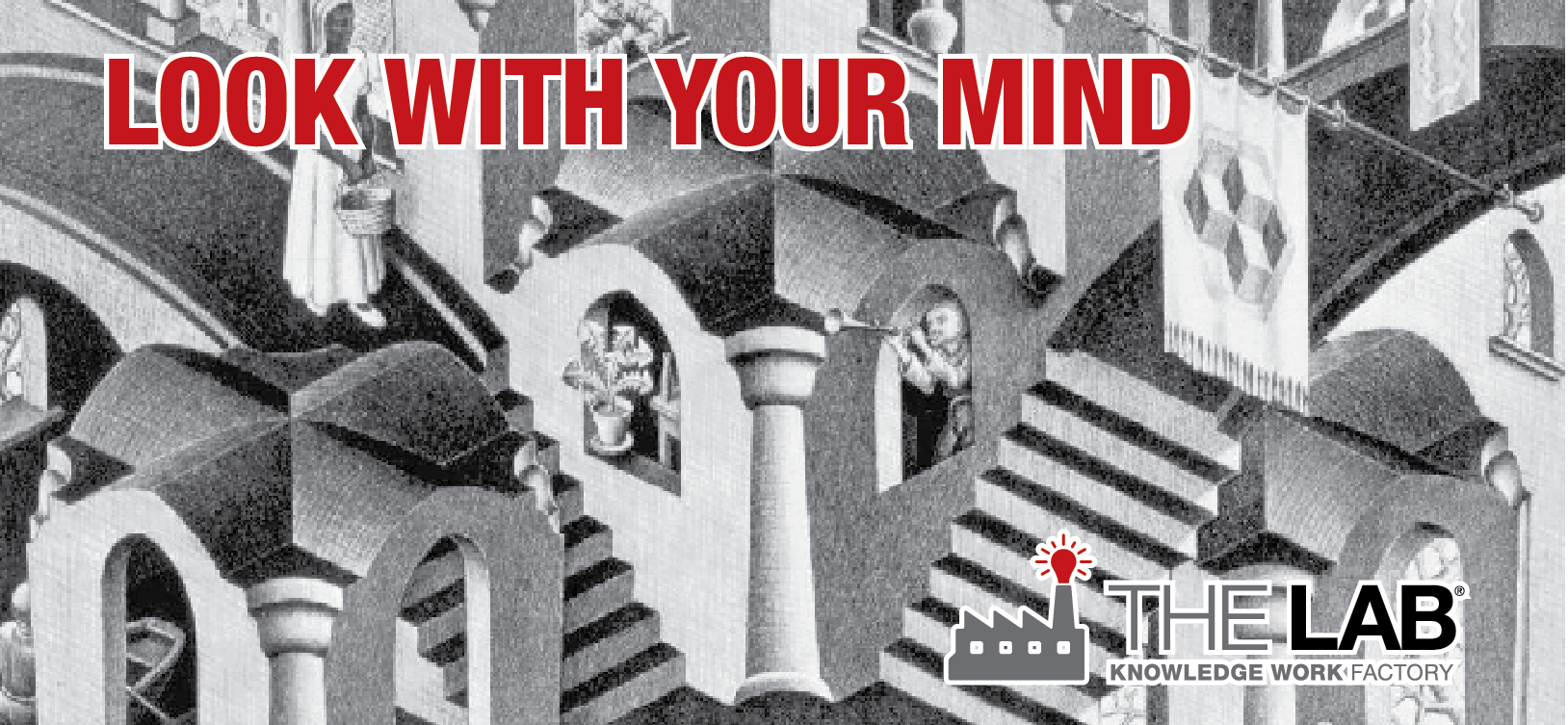“People only see what they are prepared to see,” Ralph Waldo Emerson said.
And so it is with business improvement, particularly in the realm of the “knowledge worker.” Prepare your mind to see more and you will find improvements that can increase the value of your business by 15-20% or more.
Prevailing wisdom holds that all of the simple, basic improvements from the Industrial Revolution have been captured – standardization, specialization of labor, and the like. Prevailing wisdom is wrong. It’s only true for improvements on factory floors, distribution networks and similar, obviously repetitive, labor-oriented operations. But now the Industrial Revolution is returning to radically transform the realm of the knowledge worker, where employees toil with their minds: order management, finance, sales, human resources, marketing, information technology, among other areas.
But now the Industrial Revolution is returning to radically transform the realm of the knowledge worker, where employees toil with their minds: order management, finance, sales, human resources, marketing, information technology, among other areas.
Why now? The last twenty years have delivered breakthrough advances in the science of perception (or, “cognition”) that are just now beginning to influence the business world. Grasping these findings can seem tricky at first, and scientific papers make for tedious reading. For a more entertaining description we can turn to a 200-year-old detective story:
In Edgar Allen Poe’s “The Purloined Letter,” the Paris police scour a blackmailer’s apartment for a compromising letter they know is hidden there. They use the latest technology (microscopes), drive long needles through the upholstery, and search behind the wallpaper. Despite numerous searches, and an escalating reward, they cannot find the letter.
In desperation, the police call upon Poe’s master amateur detective, C. Auguste Dupin, who ponders the facts and promptly returns with the letter. He searched much differently than the police. Most of his searching was done with his mind. Far in advance of visiting the suspect’s apartment, he prepared himself to see the premises differently – to look for the obvious. Upon arrival, he targeted a location the police had overlooked, a letter rack beside the writing desk. The blackmailer had turned the letter inside out, folded it into a makeshift envelope and “hidden” it in plain sight. By making the letter insignificantly obvious, the suspect had camouflaged its value. Note that no technology was used or needed by either party.
The efforts of the police were doomed from the start. They allowed the limits of their conventional wisdom to fatally narrow their perception of hiding place possibilities even before the first search. They looked for the letter with their eyes more than their minds. Most importantly, after coming up empty-handed, they failed to appreciate the value of their error. Instead of perceiving multiple failed searches as helpful hints to reassess their fundamental assumptions (hard work, mentally), they simply cited the failures to affirm their conventional wisdom. Each failed search further convinced them that the letter must be outside of the apartment – a known impossibility. That’s the self-perpetuating paradox of being wrong about wrongness: you become “blind to your own blindness. By then, it’s easy to miss the obvious.
Knowledge workers represent between 30-50% of the total workforce. These are a company’s most costly workers. Roughly 40% of their day is consumed by rework, offering an immediate, direct cost savings with long-proven tools and methods.
Businesses today conduct similarly fruitless, relentless searches for improvement and value, overlooking an embarrassment of riches that are camouflaged by their obviousness. Knowledge workers represent between 30-50% of the total workforce. These are a company’s most costly workers. Roughly 40% of their day is consumed by rework, offering an immediate, direct cost savings with long-proven tools and methods. Even more valuable though, is the lost opportunity cost of their mis-spent time. Knowledge workers are responsible for identifying, managing and increasing the value of the business.
However, despite the latest technology, repeated efforts, and the corporate equivalent of looking behind the wallpaper, more than three quarters of knowledge work improvements remain undiscovered, hidden in plain sight from even the best internal teams and consultants.
Like Poe’s Purloined Letter, these improvements are painfully, insignificantly obvious, but their value is not. The search strategies of the French police are alive and well.
Also check out this short video on Knowledge Work Standardization, and how it can help transform Your business:
Simply call (201) 526-1200 or email info@thelabconsulting.com to learn more today!

















